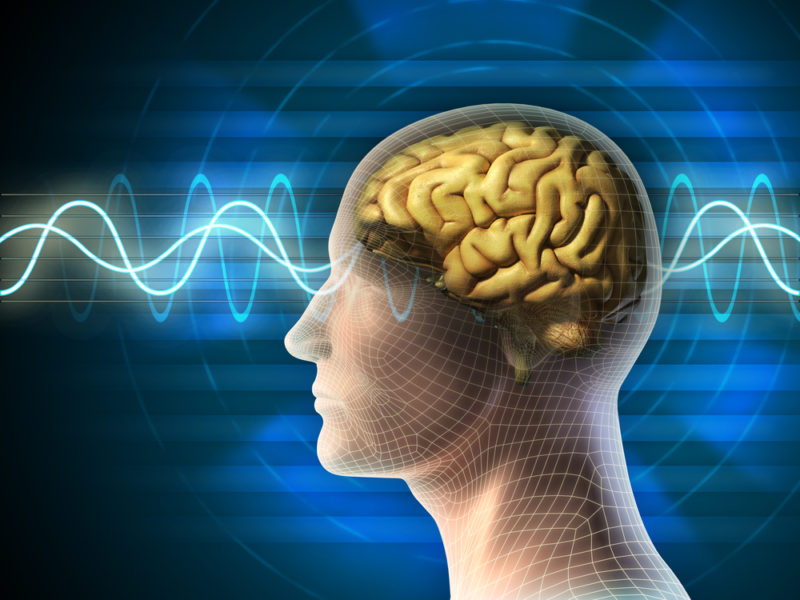You may have heard a lot in recent years about your gut bacteria or microbiome. It’s said that we eat as much for those little microbes as we do for our cells. And what they prefer to eat we call prebiotics.
But why feed them? Well, because they have a lot to offer our bodies and our minds, as recent studies have shown.
The Brain – Gut Connection
Over the past decade, several studies have been conducted to determine whether or not there is a link between the human brain and gut bacteria. While most of these studies have been conducted on animals, growing research is showing that there is, in fact, a strong brain-gut connection. (1)
Prebiotics: Food of the Microbiome
In 2015, research out of Oxford University offered a look into the connection between gut bacteria and mental health. In this study, neurobiologists found that supplements designed to boost healthy bacteria in the gastrointestinal tract – prebiotics – may have an anti-anxiety effect. (2)
What are prebiotics, anyway? Generally speaking, they are carbohydrates that act as a nourishment for strains of good bacteria – which are our probiotics. Because they nourish the microbiome, prebiotics have the ability to alter the way that people process emotional information. (3)
According to the study’s lead author, Dr. Phillip Burnet, “Prebiotics are ‘food’ for good bacteria already present in the gut. Taking prebiotics therefore increases the numbers of all species of good bacteria in the gut, which will theoretically have greater beneficial effects than a single species.” (4)

The Study
Here are the specifics. First, researchers placed 45 healthy adult volunteers, between the ages of 18 and 45, into two groups. The study group took a prebiotic, and the control group took a placebo. Participants took these every day for three weeks. Then after the three-week time period, researchers conducted tests to asses how the participants processed emotional information. (4)
The results revealed that subjects who had taken the prebiotic paid less attention to negative information. They also paid more attention to positive information compared to the placebo group. These findings suggest that the prebiotic group had less anxiety when confronted with negative stimuli. By comparison, this effect is similar to the effect observed in people who have taken antidepressants or anti-anxiety medication.

Furthermore, researchers also found that the subjects who took prebiotics had lower levels of cortisol in their saliva when they woke up in the morning. Cortisol is a stress hormone which has been linked to anxiety and depression. (5)
Similar Findings
Along with that study, other studies have found that altering gut bacteria has a similar anxiety-reducing effect. But while those studies were in mice, the Oxford study was the first to document the process in humans.
In yet another study, one conducted at UCLA, researchers found that women who consumed probiotics by regularly eating yogurt exhibited altered brain function. Here, they discovered that this benefit occurred in a resting state, as well as while performing an emotion-recognition task. (6)
The lead author of the UCLA study, Dr. Kristen Tillisch, explained, “Time and time again, we hear from patients that they never felt depressed or anxious until they started experiencing problems with their gut. Our study shows that the gut-brain connection is a two-way street.” (7)
And just as that connection runs both ways, including psychological approaches to improving anxiety may also have a beneficial impact on digestive health. (8)
How To Promote Healthy Gut Bacteria And Reduce Your Anxiety
These studies have shown that what you put into your body can affect your mental health. Fueling your body with healthy foods, including prebiotics and probiotics, can help reduce your anxiety levels! (9)
Best Foods for Prebiotics
Match Prebiotics with Probiotic Power Foods


